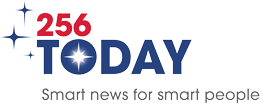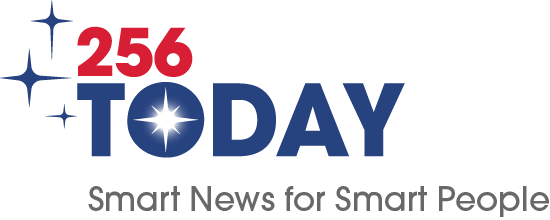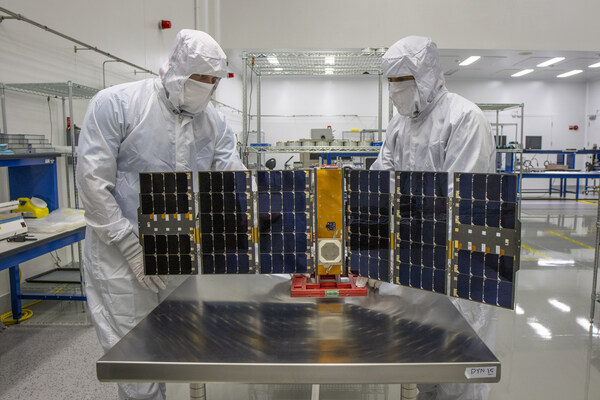HUNTSVILLE – Already a hit drawing reviews that earned an extended run, Leidos’ tactical space support vehicle that will aid the nation’s military has completed its space journey.
Leidos, a Fortune 500 science and technology company, announced that its tactical space support vehicle called Lonestar completed its 17-month on-orbit mission successfully with an assist from Redstone Arsenal.
“Lonestar completed all of its on-orbit checkouts in the first 30 days,’’ said Jonathan Pettus, aerospace, civil and defense operations manager for Huntsville-based Leidos Dynetics. “It quickly met key technology objectives once on orbit, and we are proud to have been a part of developing this important demonstration vehicle for our Army customer.
“Its work will carry us into the next phase of important satellite payload and algorithm development.”
According to Leidos, Lonestar is a technology demonstrator designed to provide space-based situational awareness directly into the hands of the tactical warfighter. It launched July 1, 2022 from the Mojave Air and Space Port.
The Army Space and Missile Defense Command originally scheduled the demonstration for one year, but after seeing how successful the TSSV performed, it was given six extra months to gather vital data and more key observations.
Lonestar, Leidos reports, demonstrated new technology for GPS interference warning and utility for tactical users and made multiple new observations that were shared with the PNT Situational Awareness community, which includes the defense and intelligence sectors of government and other federal agencies.
Lonestar’s on-orbit satellite and payload operations were supported by SMDC’s payload development laboratory at Redstone Arsenal. The laboratory provides ground systems for command and telemetry to the satellite.
Leidos’ Dynetics team was awarded the Lonestar contract in 2018. The group developed, tested, integrated and delivered the TSSV through the Design, Development, Demonstration and Integration Domain 1 task order for $8.8 million.
Leidos’ expertise in space systems and high-performance signal processing applications enabled rapid development, including the utilization of hardware-in-the-loop testing and simulation to verify the payload mission software would operate as expected once in flight.
Don’t miss out! Subscribe to our email newsletter to have all our smart stories delivered to your inbox.



